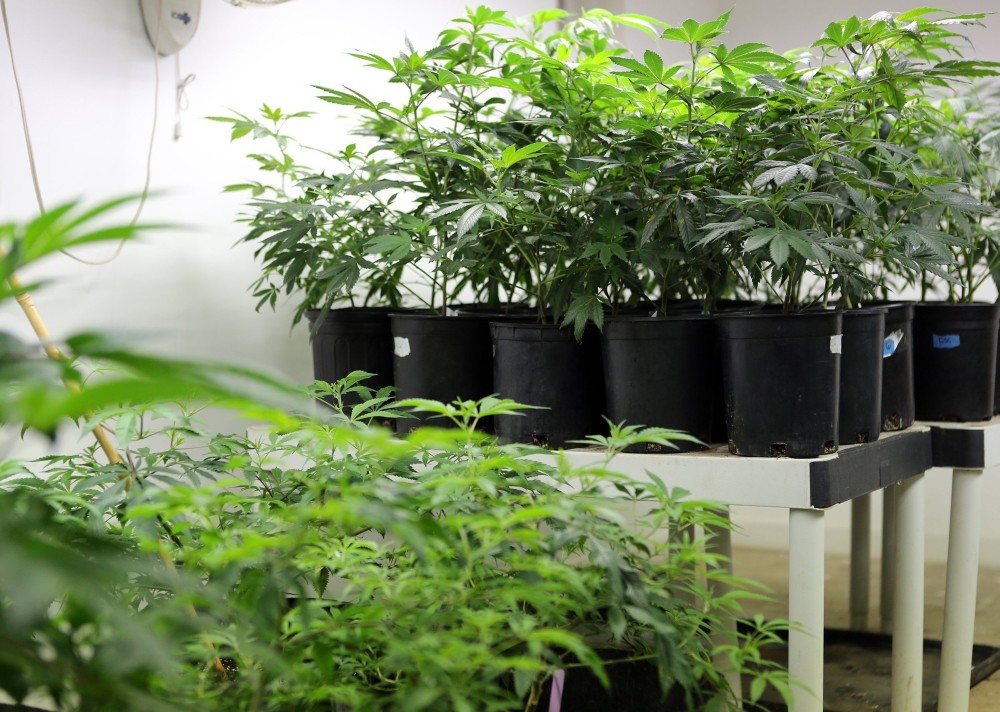By Gintautas Dumcius
MassLive.com, Springfield, Mass.
WWR Article Summary (tl;dr) “Sira Naturals” is launching an “accelerator” program that will offer small marijuana related businesses the chance to scale up their products.
MassLive.com, Springfield, Mass.
Sira Naturals, a medical marijuana outfit with dispensaries in Cambridge, Needham and Somerville, is turning its attention to the recreational marijuana and drawing inspiration from Silicon Valley.
The company is launching an “accelerator” program that will offer small businesses the chance to scale up their products.
Sira Naturals is providing “micro-businesses” with access to lab technology and workspaces, as well as cannabis oil for product development.
Marijuana industry leaders are eyeing Massachusetts as a state that will become the largest adult use marketplace east of the Mississippi and see over $1 billion in revenue.
But even as Massachusetts moves towards retail sales of recreational marijuana, “substantial barriers” exist for entrepreneurs looking to start a small business, such as the high cost of building a cultivation facility, according to Michael Dundas, CEO of Sira Naturals.
In exchange for giving small businesses access to facilities, expert advice and certain allotment of expensive cannabis oil, Sira will be taking a 9 percent equity stake, Dundas said. Entrepreneurs will retain control of their businesses, he added.
Sira Naturals was previously known as Sage Naturals. The name change came about earlier this year after biopharmaceutical company Sage Therapeutics sued them in a trademark dispute.
The proposed “Sira accelerator” program comes as the Cannabis Control Commission, the new state agency tasked with overseeing the marijuana industry in Massachusetts, is in the middle of licensing various sectors of the industry and aiming for retail pot shops to open this summer.
“We’re looking to be very selective about who we choose,” Dundas said.
Applicants must have a prototype product line in mind before they apply, and the first round will focus on small businesses that want to get into the manufacturing of infused products. Up to five teams will be selected each quarter, and the teams must consist of two to four people.
Dundas said his company is reserving one slot for so-called “economic empowerment applicants,” or applicants that have ties to high rates of arrest and incarceration due to the federal prohibition on marijuana.
Dundas pointed Michelle Bennett, a Cape Cod woman who has been making dog treats with hemp-derived oils mixed in, as an example of the type of person he’s hoping the program helps.
Bennett said she’ll be applying for a manufacturing license from the Cannabis Control Commission, and with access to Sira’s industrial manufacturing kitchen, she plans to be distribute organic cannabis edibles, along with her dog treats, under the brand name Healing Tree Edibles.
For now, her dog treats are available inside two stores, one in Falmouth and another in Hyannis. Bennett, who owns a Rottweiler and a Great Dane, received clearance from Falmouth’s board of health to turn her home kitchen into a small manufacturing site.
Moving to the Sira manufacturing kitchen will make a big difference, she said, “where I can do cases per day instead of one case per day out of my home.”














































































































































































































































































































































































